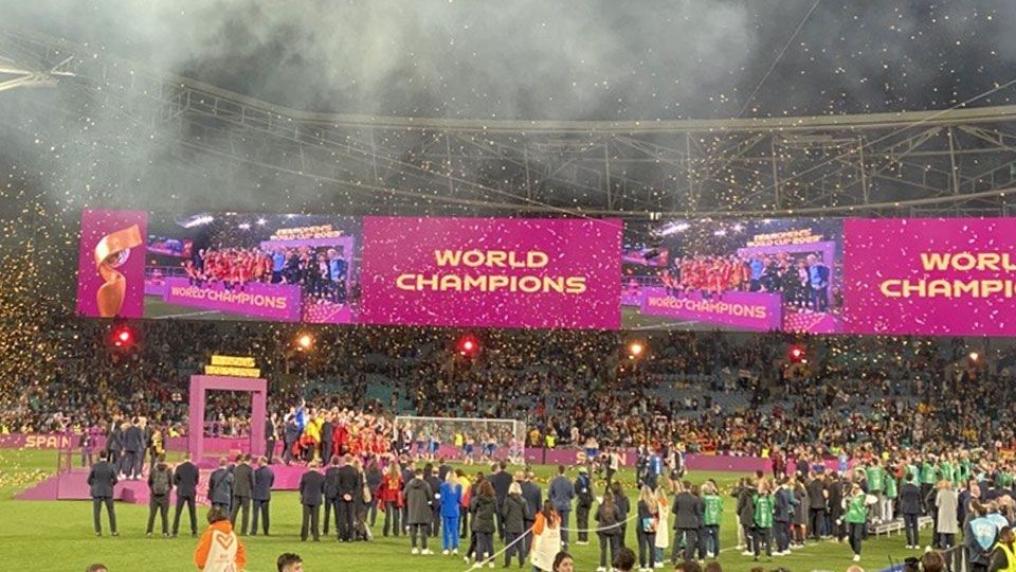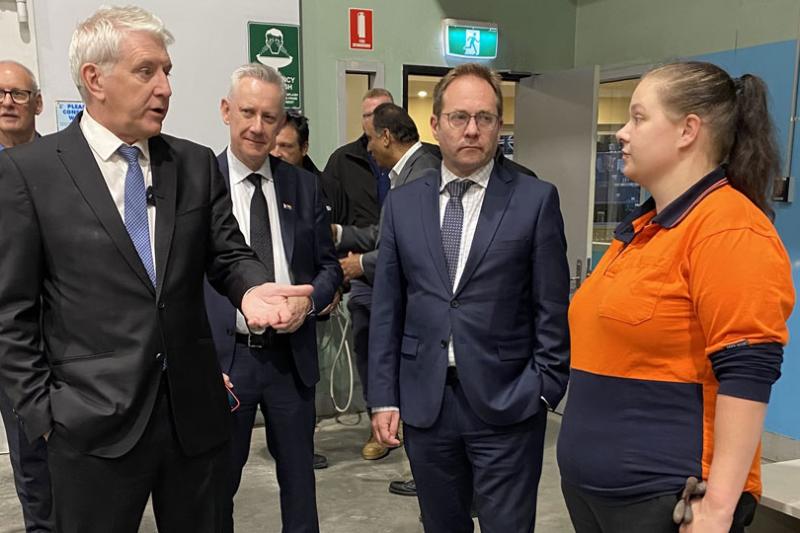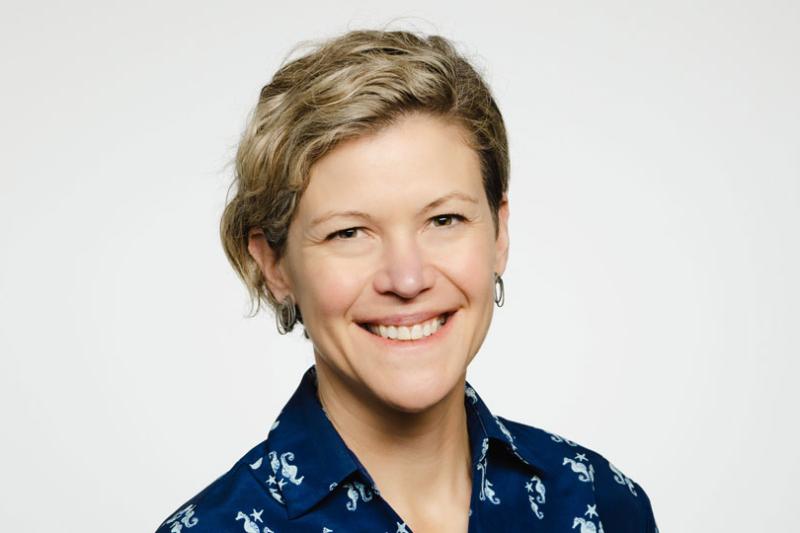Victoria University experts give top marks to Women's World Cup legacy

Victoria University (VU) sport experts have assessed six pillars of the FIFA Women’s World Cup’s legacy, giving the event an overall A-minus score.
With a consensus that the event performed beyond their expectations, VU’s Sport Business Insights researchers derived scores for the following impact measures from a range of factors, awarding these scores:
- Economic: A- (direct economic contributions generated)
- Media: A (media presence and output)
- Brand: B+ (image development of the host and event)
- Social: A (advancement of social development)
- Sport: B+ (contribution to the development of football)
- Environment: C (environmental footprint)
OVERALL SCORE: A-
Project lead, Dr Michael Linley developed the six pillars in the report card from an in-depth literature review and original research into event assessment and evaluation that formed the basis of his doctoral thesis.
The team was anonymously surveyed for the report card so they weren’t influenced by their colleagues. The group has extensive local, national and international expertise, researching and consulting for sporting organisations including FIFA, governments around the world, and private international organisations in a range of sport-linked specialties including marketing, tourism, sport analytics, and social inclusion.
Professor Hans Westerbeek, an international sport business expert, said the highest rating for Media was due to “a collective agreement that the record-breaking viewership and unprecedented media coverage demonstrated the event’s magnetic pull on audiences worldwide.”
Similarly, the tournament’s Social impact also received a maximum A score for “being a beacon of empowerment for young girls in sport, and for advancing gender inclusivity and representation.”
In contrast, the tournament’s Environment impact scored a rating of C (on par with researchers’ expectations) due to the relatively high carbon footprint associated with teams’ travel to and within Australia and New Zealand.
When determining their ratings for each criteria, the VU experts considered factors that may have contributed to the event’s impact in that area.
Factors considered
- Economic – sales of merchandise and tickets, attendance numbers, business activity
- Media - TV audience numbers, volume of TV broadcast hours, number of journalists covering event
- Brand – building reputation of Australia and New Zealand as sport event hosts, travel destinations
- Social – creating national pride, sense of cohesion, role models for girls in sports
- Sport – showcasing fair play and clean sport, developing pathways for female footballers.
Professor Westerbeek said the tournament had “set the stage for a future where the power of sports transcends boundaries, empowers women and men, and unites societies under the banner of women’s football.”


